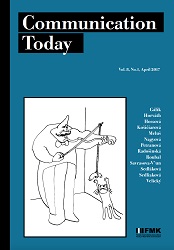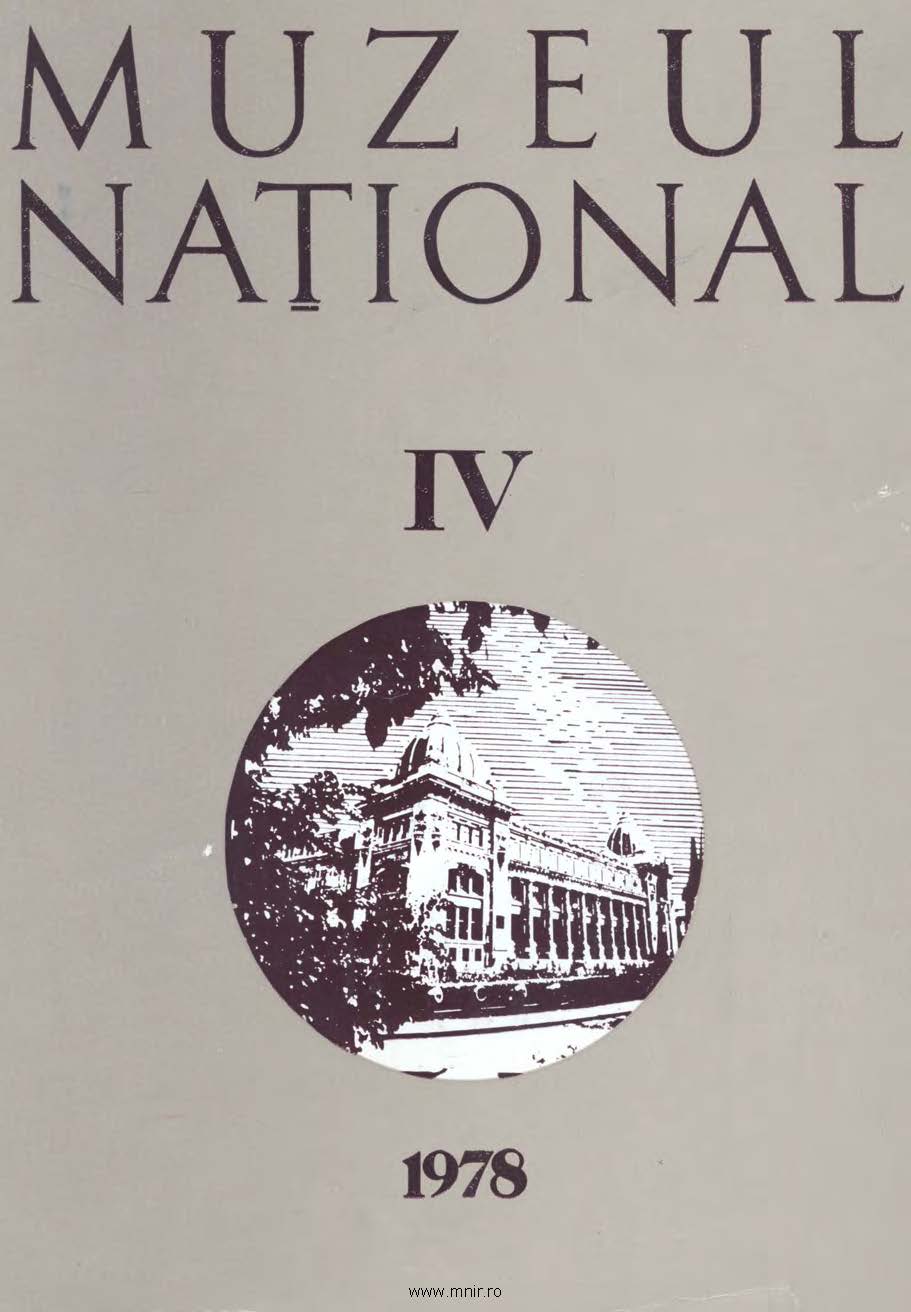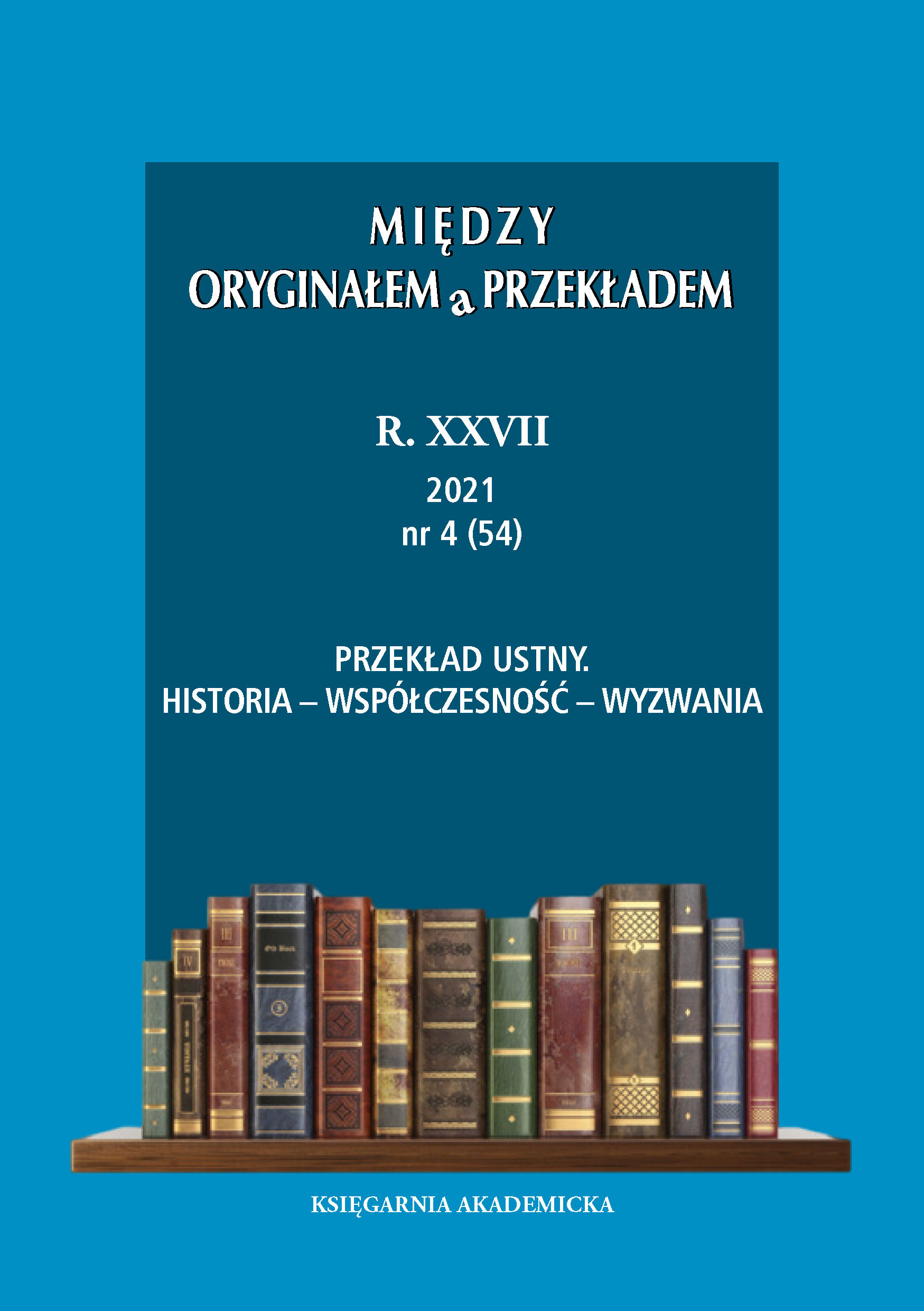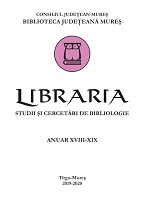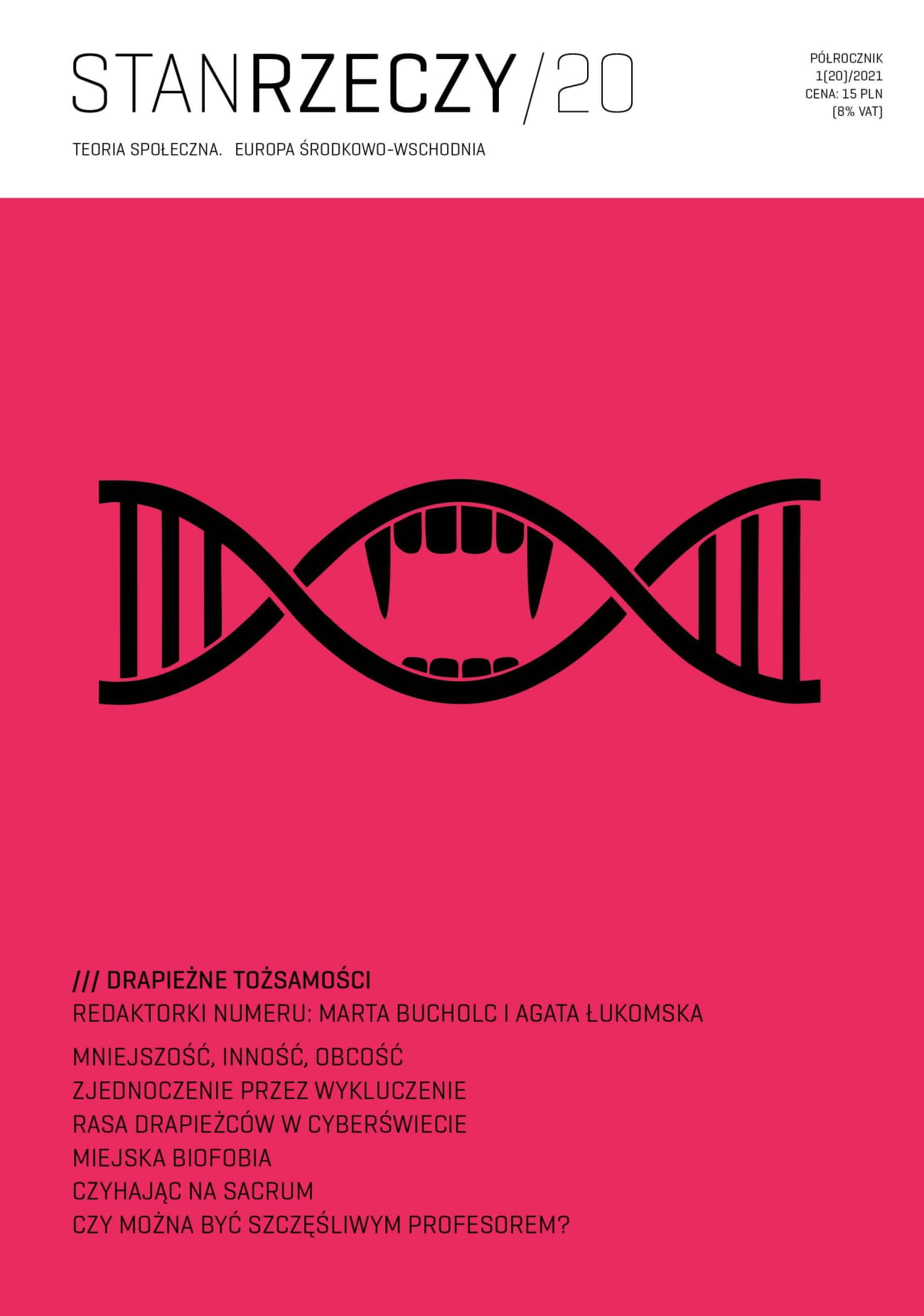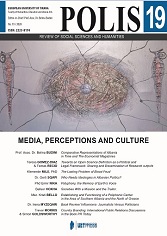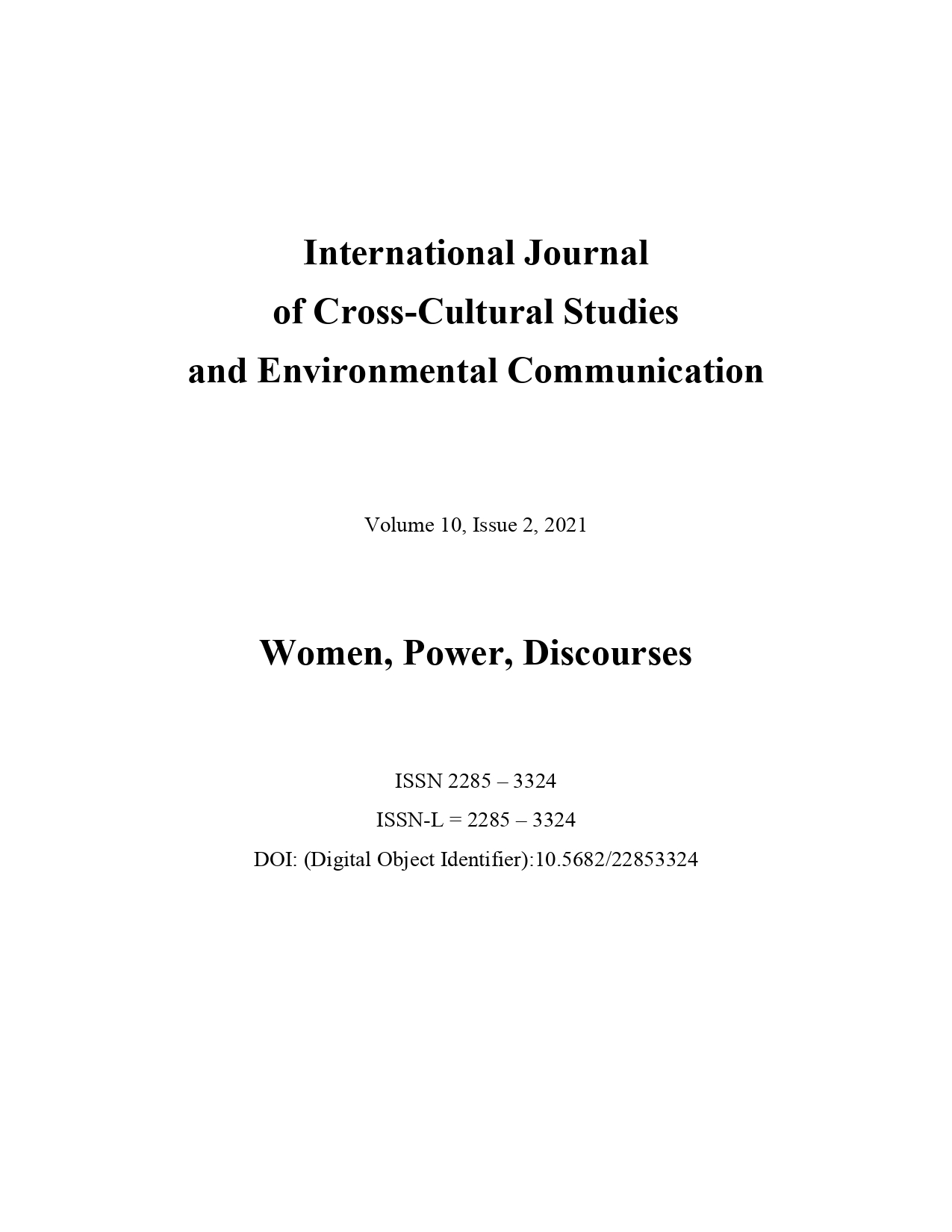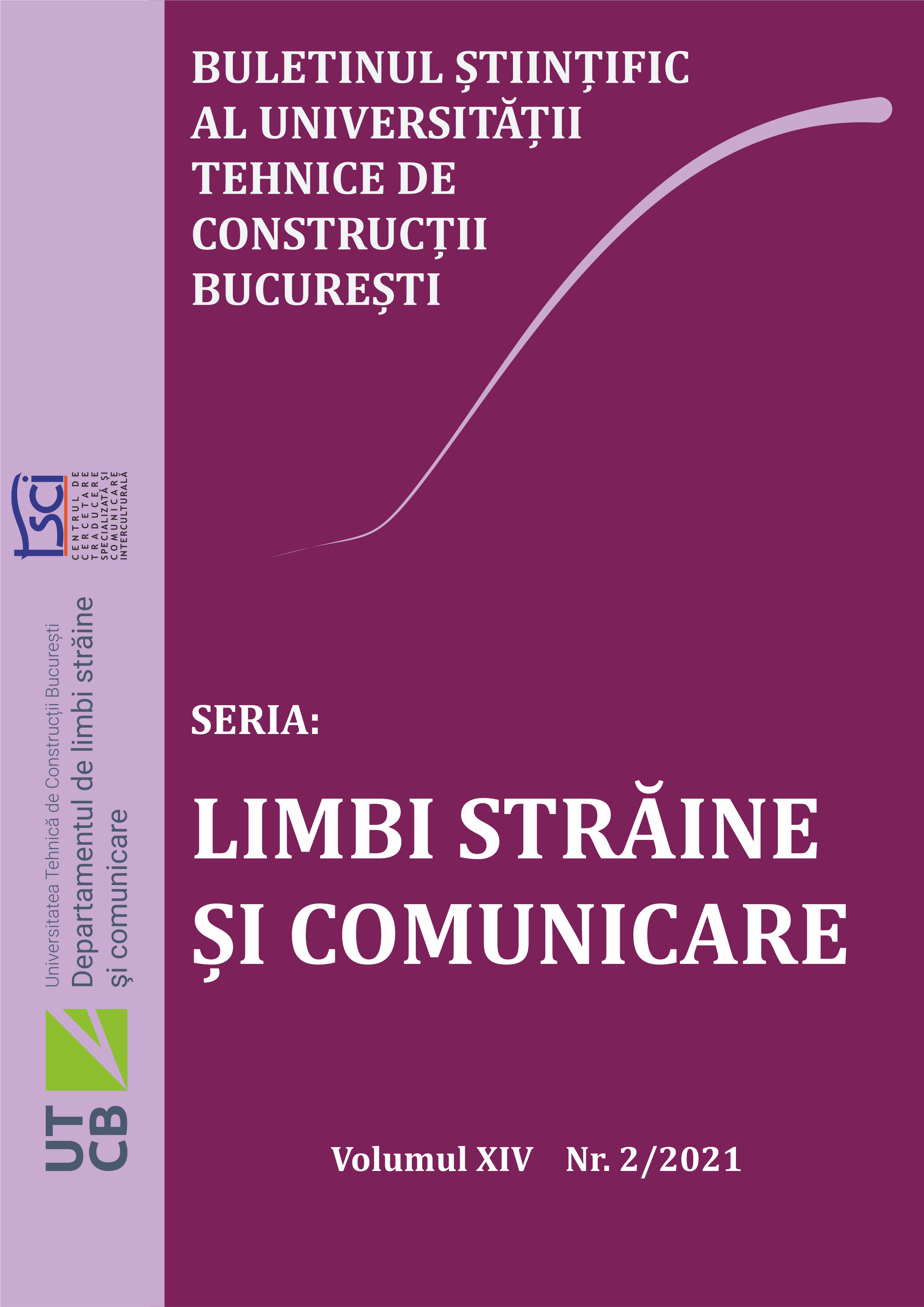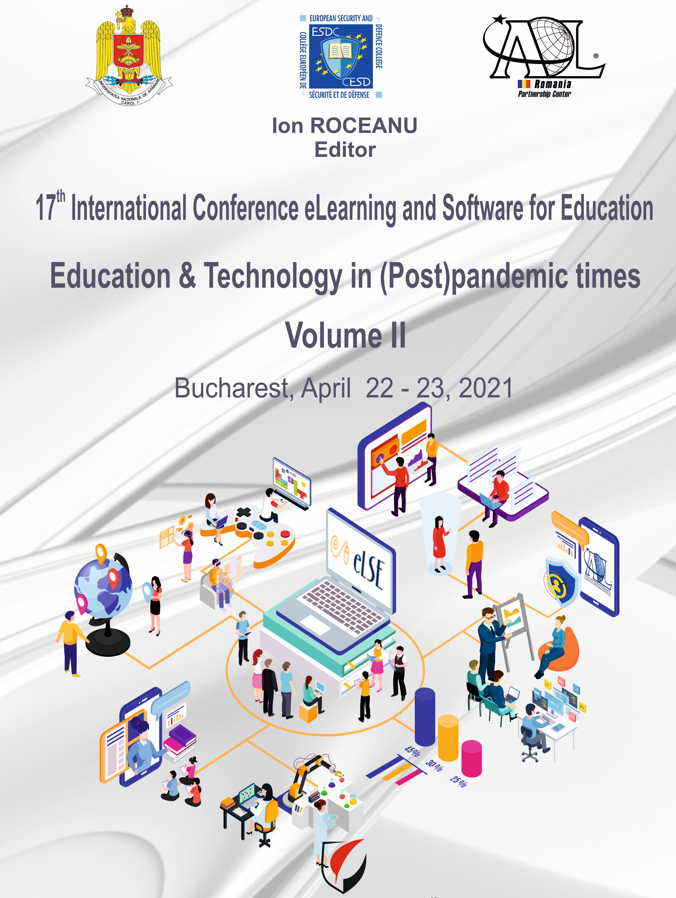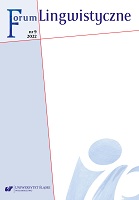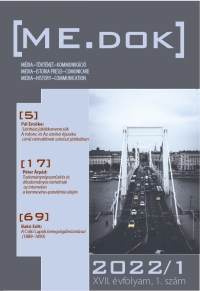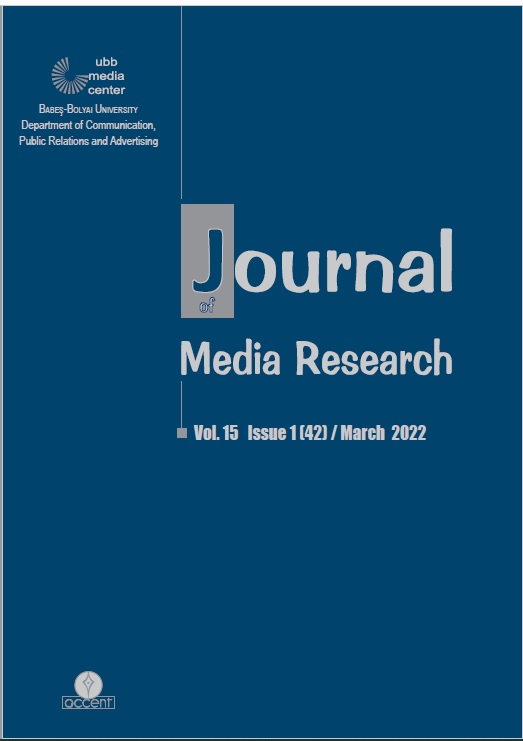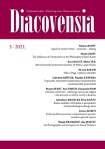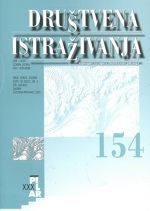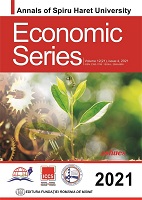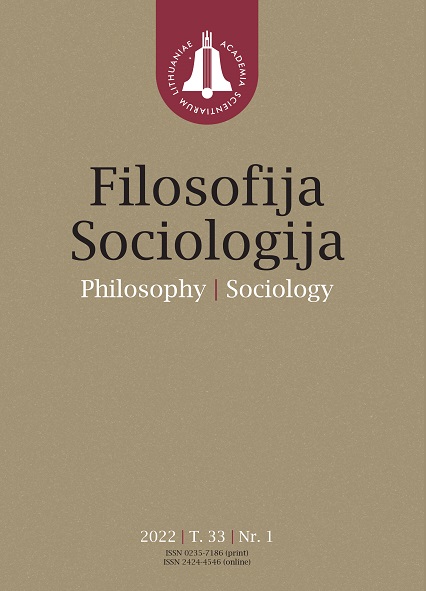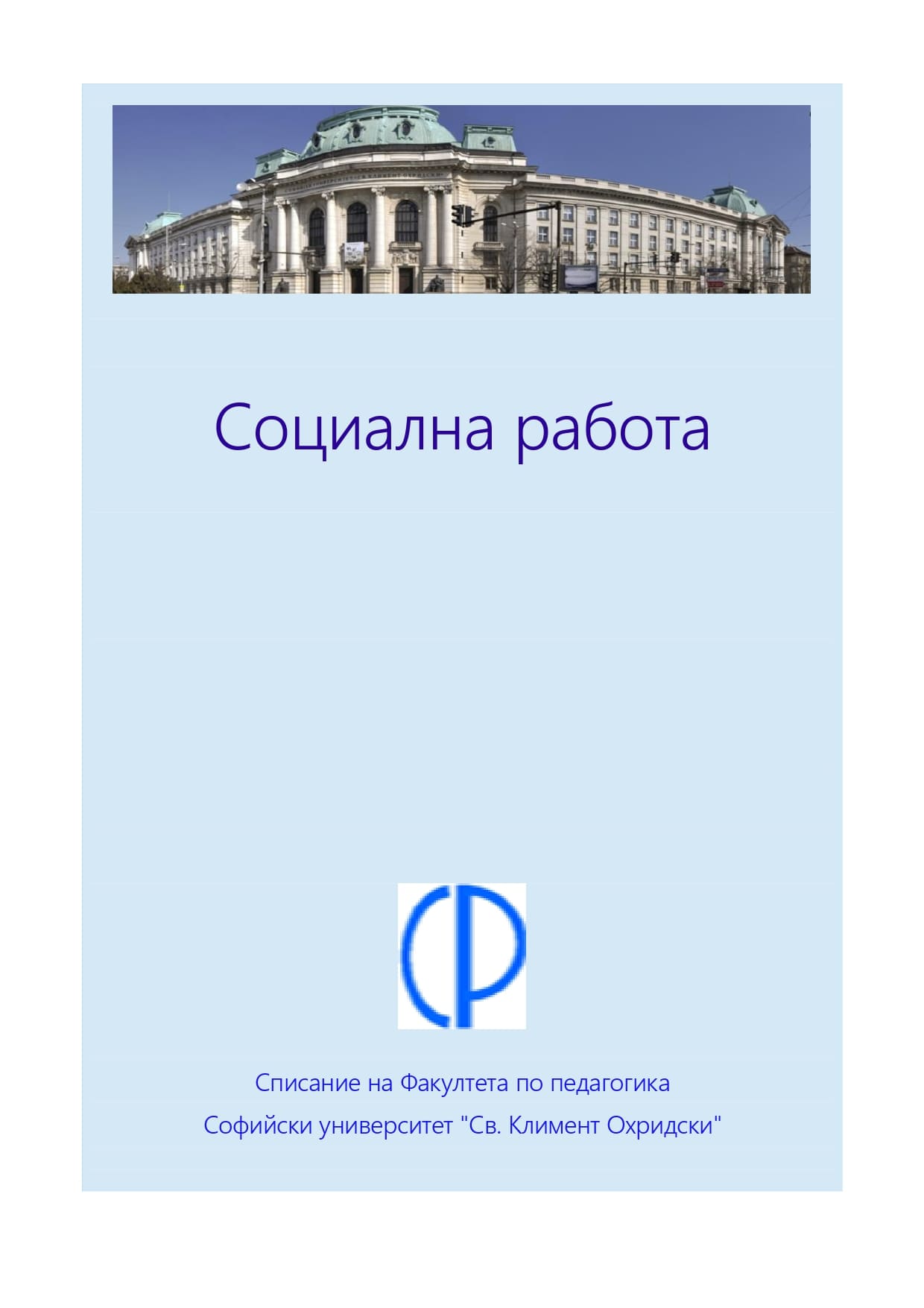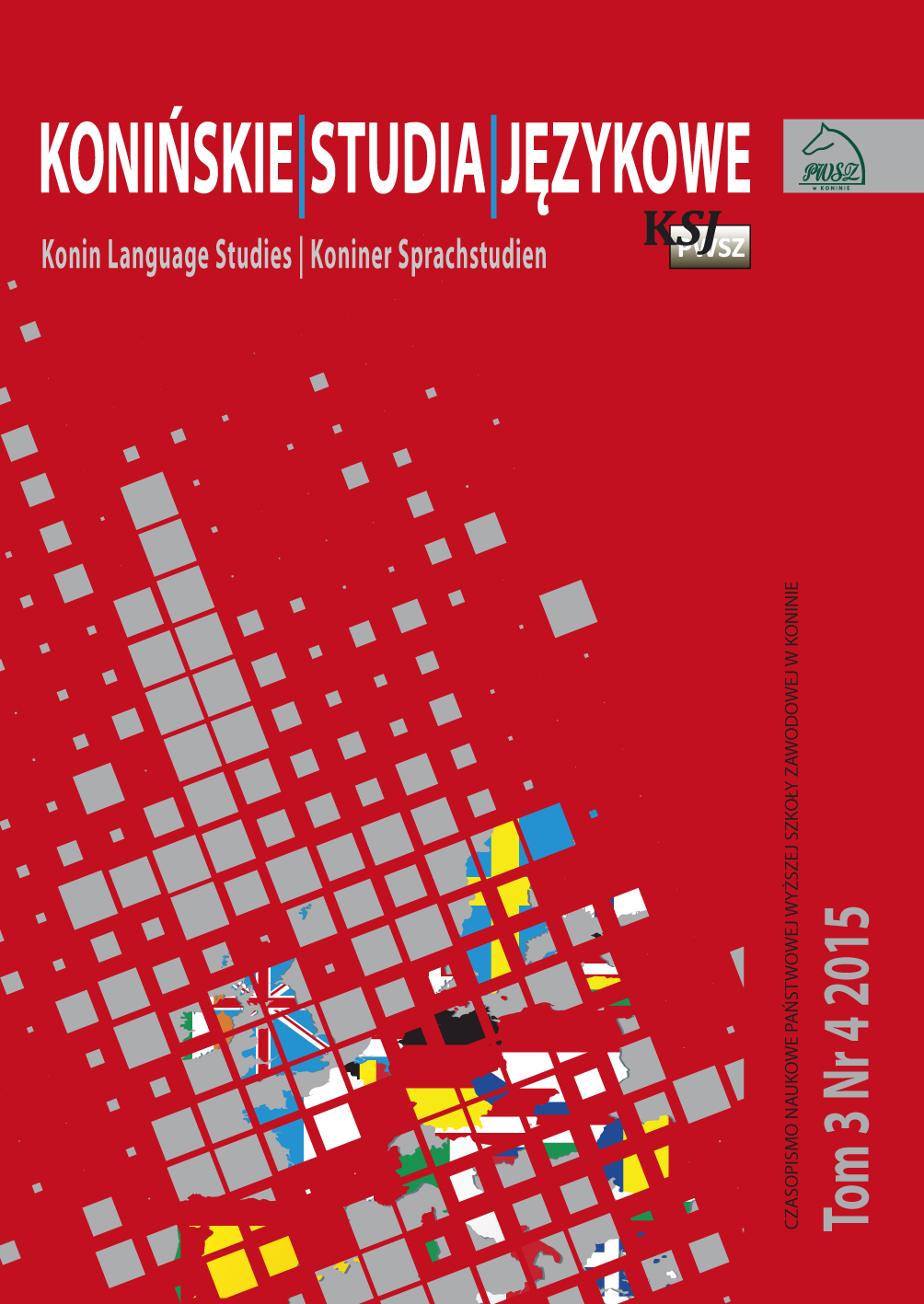
Wpływ świata wirtualnego Active Worlds na motywację uczniów do porozumiewania się w języku angielskim
The paper presents the results of a research project whose main aim was to investigate the impact of Active Worlds on students’ motivation to communicate in English. In addition, the study investigated changes in motivation during language lessons and sequences of such lessons. The sample consisted of 19 third-year students studying English at a Polish senior high school. They were randomly divided into two groups. The students in the Active Worlds Group carried out text-based conversations in the virtual world Active Worlds while the learners in the Traditional Group communicated in conventional face-to-face settings. The data were gathered by means of questionnaires and were analyzed quantitatively. The analysis of the data revealed changes in motivation; however their nature and magnitude were different in both groups.
More...
